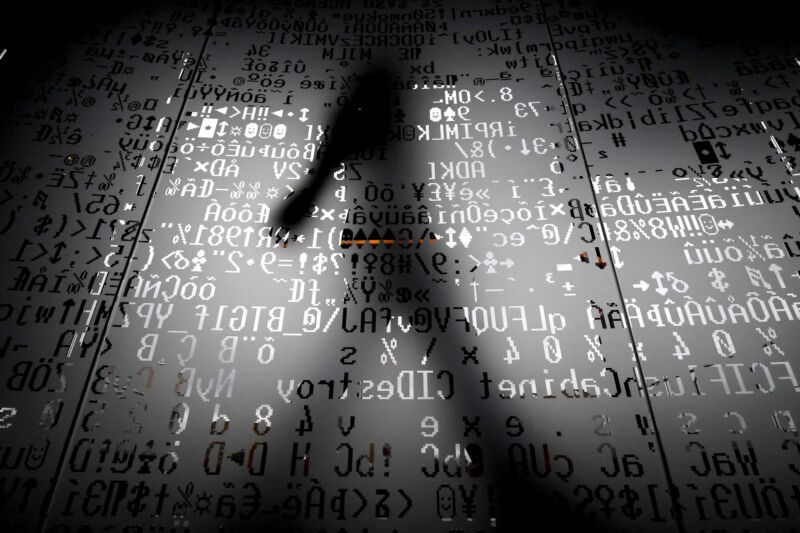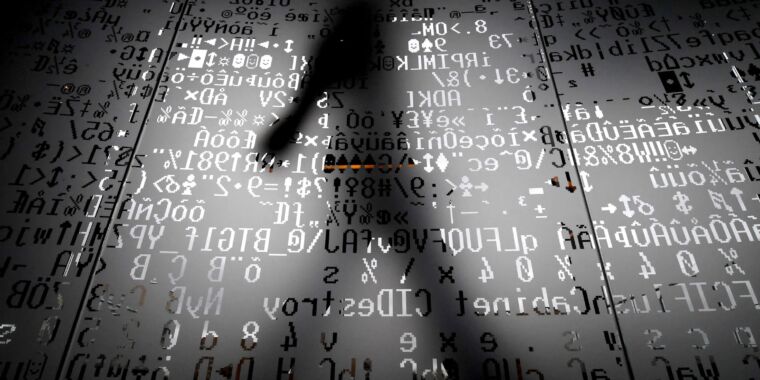
Kirill Kudryavtsev | Getty Images
Russian Twitter users noticed something strange when they tried to access the service on March 4. It did not work. For the past six days, anyone trying to access Twitter from Russia saw their internet speed slow to a crawl, no matter how fast their connection was. Then came the blackout.
Twitter’s going offline showed how seriously the Russian state took the role of social media in heightening the disagreement over the country’s invasion of Ukraine. And it showcased Russia’s progress in creating a “splinter net,” a move that would effectively separate the country from the rest of the world’s internet infrastructure. Such a move would allow Russia to control talks more tightly and quell dissent – and it’s getting closer by the day.
The gold standard of digital walled gardens is China, which has successfully separated itself from the rest of the digital world, although people are still finding their way around the Great Firewall. “I think they would strive for [mimic China]Doug Madory of Kentik, a San Francisco-based internet surveillance company, says of Russia. “But it was not easy for the Chinese.” China has commissioned huge numbers of tech experts to create its version of the internet, and it has spent huge amounts of money. The International Center for Human Rights and Democratic Development estimated in 2001 that China spent $20 billion each year on censoring telecom equipment. The famous Great Firewall is just that: a firewall that inspects every bit of traffic entering Chinese cyberspace and compares it to a block list. Most internet traffic to China goes through three bottlenecks, which block unwanted content. Copying the Chinese approach in Russia is something that Madory believes is beyond the reach of Russian President Vladimir Putin. “I don’t think Russia has invested that much energy in technical means to mimic it,” Madory said. “There are quite a few countries that would like to have what China has, but they just can’t. They don’t have the people for it. There is still a long way to go before Russia becomes like China.”

Even if Russia had the people, it’s far from easy to erect barriers in a relatively open internet infrastructure built over decades. Controlling a country’s internet requires two major components: isolating yourself from the rest of the world and cutting off access from within. “A lot of things happen on both sides of the ledger,” Madory says. But both are more difficult for Russia than for China, as it starts with a relatively open internet, after years of engagement with the West. (China, on the other hand, has been nearly shut down since the first people logged onto the Internet, following a February 1996 order that gave the state absolute control over its design and banned it from “inciting the overthrow of the government or the socialist system” – meaning it was designed insular.)
Russia’s internet regulator, Roskomnadzor, can by law require Russian internet service providers (ISPs) to block content or fail to complete traffic requests. They can redirect internet traffic from sites Roskomnadzor deems unsuitable for everyday Russians, essentially shutting down each individual browser from the rest of the world. However, Russia has more than 3,000 ISPs, which execute dictations at different speeds. “Everyone is left to their own devices to figure out how to comply with the government order to block the BBC or something,” Madory says. Each ISP also uses different methods to block access to websites banned by the Russian media regulator, with varying degrees of success. “Depending on the technique they use, getting around the blockage may be easier or more difficult,” said Maria Xynou, at the internet censorship nonprofit Open Observatory of Network Interference (OONI).

